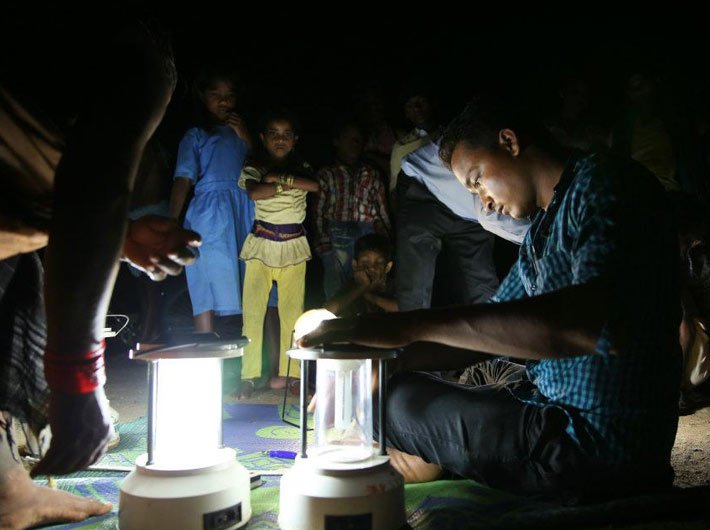South Asia’s redeeming feature is that the present electricity sector structure and its institutional framework are in line for putting cross-border electricity trade on sound legal, regulatory footing
The Asian Development Bank has suggested widening the scope of the electricity law so that India can better carry out cross-border trade.
In its report – Harmonizing electricity laws in South Asia, ADB said that the region’s redeeming feature is that the present electricity sector structure and its institutional framework are in line with the requirements for putting cross-border electricity trade on sound legal and regulatory footing. Moreover, widening the scope of the existing laws and regulations to cover the regional power trade with suitable modifications, or enhancing the powers of existing institutions will be relatively easy.
“The electricity laws and regulations of India and Pakistan are quite exhaustive to govern sector operations within these countries. However, the scope of the laws has to be widened to cover cross-border trade as well,” it added.
On India, the report said that state governments have powers to formulate and implement policies for the state in conformity with the national laws and plan projects at the state level. Prior to reforms, the electricity sector at state level was operated as a single, vertically integrated utility in each state, but some small states operated the sector as part of their power department. Reforms in the state power sector led to the unbundling of the former State Electricity Boards (SEBs) owned by state governments on operational lines, i.e., generation, transmission, and distribution. To avoid having multiple organizations within each state and as a result of the implementation of reforms, a general modality was adopted. This included creating a minimum number of generating companies, one state-owned transmission company, and some distribution companies.
It went on to say that in South Asia, “only Bangladesh, India, and Pakistan use natural gas in their energy basket. Having been a natural gas exporter, the gas infrastructure in Afghanistan was totally destroyed during the war. India and Pakistan, unable to meet their gas demand from indigenous sources, import natural gas. As such, there is little opportunity for sharing and/or trading indigenous gas, unless new reserves far in excess of domestic demand are found and developed”.
“India is the only country in the region with substantial installed electricity generation capacity based on coal. Despite having the fifth largest coal reserves in the world, India imports coal for power generation and other applications,” it noted.
South Asia has a hydropower potential of 294,000 megawatts (MW), out of which only a small fraction has been exploited. “This potential is nearly equal to the total installed electricity generation capacity of India and is many times the combined installed capacity of all the other countries in the region put together, from all sources. If exploited fully, it will create immense opportunities for regional energy trade in South Asia and provide energy security to the region.”
The report said that the Electricity Act, 2003 is the overarching legislation governing India’s electricity sector. The act, and regulations and policies made under it, have all the necessary provisions for the creation of a healthy electricity market.
“Although India is exchanging and/or trading electricity with three countries in the region, the act is silent about cross-border electricity trade. A redeeming feature of the act is that India’s electricity market has been smoothly functioning under its provisions.
“If the SAARC member states (SMSs) so choose, the requisite provisions can be adopted with suitable modification, wherever necessary, for the creation of the regional electricity market. India may need to extend the provisions of the act to cover its cross-border electricity trade as well. However, small modifications may be required to fully harmonize the provisions of the act with those of other countries in the region for the implementation of the framework agreement.”
Read: Rural Electrification: Let there be light
